Industrial action at the University of Brighton
Why we are striking
Members of the University and College Union, UCU, have voted 3 to 1 in support of industrial action over pay and a number of related issues.
UCU members at 60 universities including University of Brighton went on strike between 25th November and 4th December 2019. Members include academic and professional services staff. This video tells you about that strike action and its impact https://vimeo.com/378827716
Our members in all branches – Eastbourne, Moulsecoomb, Falmer and Grand Parade – showed incredible support for the strike action at the end of 2019. This action brought the university’s negotiating group back to the table and led them to discuss things that they had previously refused to discuss, such as pay and equalities. Our action worked. But we’re not there yet and we need to keep showing our strength as a union.
Success in previous strike action
Before the November and December 2019 action, the university’s negotioating group (UCEA) said they would not and could not negotiate about equality, casualisation and workloads. In other words, they were refusing to change anything about the current system that is broken and unfair for so many. After those strikes, UCEA moved on this position and said that it could negotiation on those things. This is a huge success, not to be underestimated. We have made them acknowledge that those who run the higher education sector are indeed able to make structural changes to address these things.
Before the strikes at 61 universities in February and March 2018, universities had implemented a series of changes to pensions that were detrimental to staff. (University of Brighton is part of a group of insitutions that has a different pension scheme and therefore did not directly participate in this action). After the strikes, these changes were halted and universities agreed to change the way that they valued pension schemes. Another big win for UCU.
Before the strike action in March 2017, in a local dispute at University of Brighton only, this university made proposals to limit promotions, downgrade teaching staff and make others redundant. After this strike action, the University of Brighton withdrew these proposals. Another victory and more evidence of the effectiveness of strike action
Before strike action in November 2019, in another local dispute at Brighton only, this university had threatened two members of staff with compulsory redundancy. Not on our watch! After a day and a half of strikes, with escalation of further strikes threatened, the university backed down. Yet another win! Jobs saved, our strength in unity in full force once more, fighting together for our two colleagues.
Strike action works.
Taking no action means we not only accept, but in fact we help to perpetuate the things that are so wrong in higher education. To get a clear picture of just how wrong things are, read on.
The strike is about four things
- Equality – the gender pay gap stands at 15%. Black memners of staff earn 12-13% less than others. Disabled members of staff earn 8.7% less. We demand national action by the employers to address this inequality.
- Pay – workers in higher education have seen their pay fall behind inflation every year for the past ten years. Our pay is now worth 20% less than it was in 2009.
- Casualisation – the sector relies on huge numbers of staff on precarious, temporary contracts. In many universities, the majority of teaching is done by staff who have no job security. 170,000 staff are on fixed-term or other insecure contracts.
- Workloads – to combat spiralling workloads, the union wants a 35-hour week with matching reductions in teaching and administrative hours.
In defence of higher education
Our action is not targeted at students, but we do recognise that unfortunately it will affect them. The marketisation of higher education is giving both students and staff an increasingly raw deal. Students now have to saddle themselves with debt for most of their working lives in order to shoulder the cost of their education. While the competition between universities fostered by a market system subjects staff to job losses, precarious employment conditions and ever higher workloads.
Students deserve to be taught and supported by staff who are paid decently, have manageable workloads and are not continuously under threat of losing their jobs. This fight is about the kind of higher education that students now and in the future have a right to, and we appeal to students to support their staff in this battle.
This strike can be avoided
There is still time to settle this dispute before strike action starts. Vice Chancellors facing strike action in their institutions need to recognise the strength of feeling among their staff and students – and the justice of our claim and tell their negotiators to reopen talks with the unions. If that does not happen, there is likely to be a second bout of action.
If the UCU wins this fight it will benefit all staff in universities. An improved pay award and a shorter working week will apply to everyone. If it weren’t for for the anti-trade union laws, members of Unison and others would be striking alongside us. We are calling all staff at the University of Brighton to do what they can to support us.
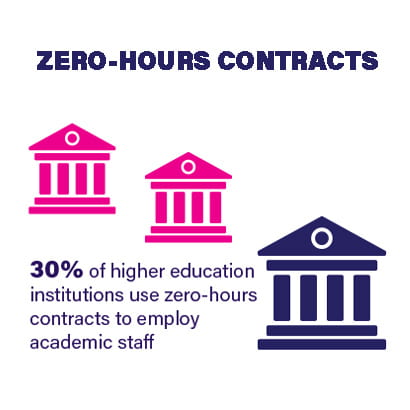
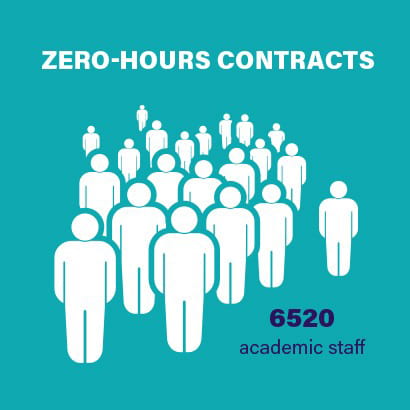

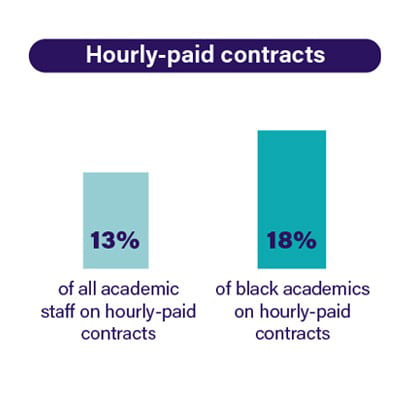

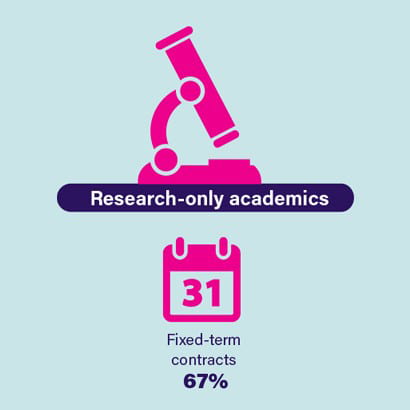
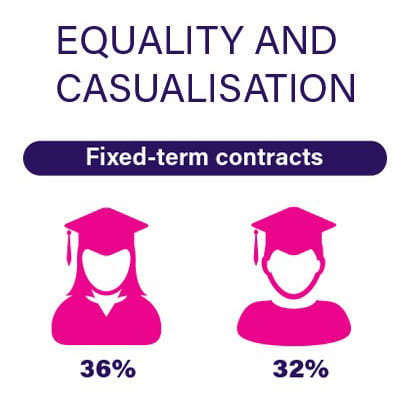

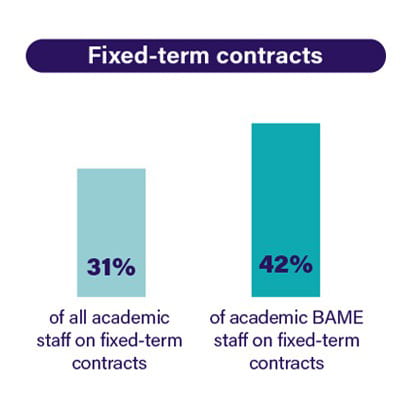




Hello everyone, as CL of media studies, I’ve had a few queries from students pertaining to deadlines falling in strike time and some more unsavoury comments that you can, I’m sure, imagine. It is, to my mind, crucial that we get as many students on our side as we can; though we’re lucky to have a student body that broadly supports our struggle, there are students whose opposition to our action can make a difference in stoking anti-strike feeling. I would strongly advise that we accommodate students when it comes to deadlines by either pushing them back or providing extra support to said students when we return. What are your thoughts?
Thanks for the question Theo, I’m sure lots of us are in a similar position. While we can’t make changes to our teaching provision as a direct response to the industrial action, you’re right that of course we want students to stay on our side. We’re fighting for improvements in HE so of course this is all about students ultimately.
It’s within the scope of most modules to change the order of classes or approach from time to time: you might do this in response to news events, student need or research findings. There’s nothing wrong with being pragmatic about this. But making changes with the sole intention of mitigating the impact of industrial action would be self-defeating so should be avoided.
The best approach is to chat with your students about the issues. When they are told about the shameful statistics about the state of HE – of their education – then they are more likely to support our action.